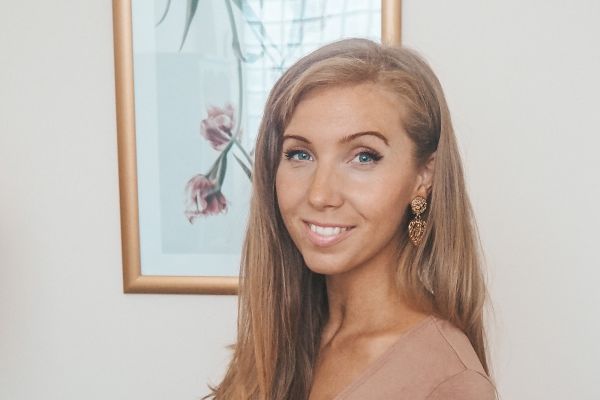“I’ve always been told that because I'm a healthy weight, I'm fine, even when I knew I wasn't,” a client with an eating disorder not otherwise specified (EDNOS) claims before bursting into tears.
Around 90% of my clients present with a healthy BMI in the range of 18.5 to 24.9, and frankly, I can relate to that.
Though I struggled with orthorexia and a binge and purge cycle throughout most of my teenage years, professionals never took it seriously. My periods stopped and became erratic, anaemia was an ongoing battle from month to month. I was consistently cold, and my traumas lay unprocessed, untouched. But my BMI of 18.5 meant any support or formal diagnosis was blocked.
A feeling of needing to be worthy of support engulfs my room with every new client in their first appointment. They’re often told that they are fine - a healthy weight, to eat a little more - or less, to exercise, to try some antidepressants for the symptoms of their traumas.
Even those who are acknowledged to be unwell are often told they’re not a low enough weight to qualify for NHS care.
In turn, they feel undeserving of therapeutic support and struggle to acknowledge their traumas and adverse childhood experiences that led to their eating disorders.
A report from MPs on the Women and Equalities Committee has called for BMI as a measure of determining if an individual's weight is healthy to be scrapped immediately. By scrapping BMI as a qualifying factor, we open the door to thousands of people who will benefit from proactive and reactive therapeutic support.
But how can counselling help those suffering from eating disorders deemed invisible by the BMI measure?
Eating disorders are, in essence, a coping strategy. Understanding and processing why we have to cope in this way gently allows the client to move away from their eating disorder.
At least 92% of all eating disorders are not anorexia nervosa, and therefore can be missed in a BMI screening, but it does not make those who have them any less worthy of support or medical care.
Therapy sessions with a professional counsellor trained to work with a trauma-informed approach to eating disorders, can help a client recover for good.
Clients know their own bodies best, as do most people. No matter what your BMI is, if you know that you are displaying symptoms of an eating disorder, do not let your BMI hold you back.
There are many BACP-registered counsellors with training in trauma and eating disorders ready to help you on your recovery journey.
Remember, you are more than just a number.
Read more...

A national health promotion or a weapon of shame?
Introducing Eating Disorders Awareness week (1-7 March), our member Ruth Micallef says the Government’s ‘war on obesity’ could hide the 22% of people struggling with binge eating disorder

Counselling can support people recovering from anorexia
The death of Big Brother star Nikki Grahame has widened discussions around eating disorders

Blogs and vlogs 2021
News, views and updates from our staff, members and counselling clients
Views expressed in this article are the views of the writer and not necessarily the views of BACP. Publication does not imply endorsement of the writer’s views. Reasonable care has been taken to avoid errors but no liability will be accepted for any errors that may occur.
